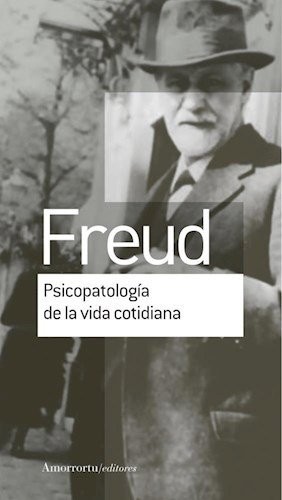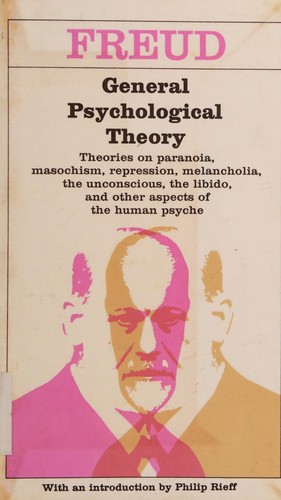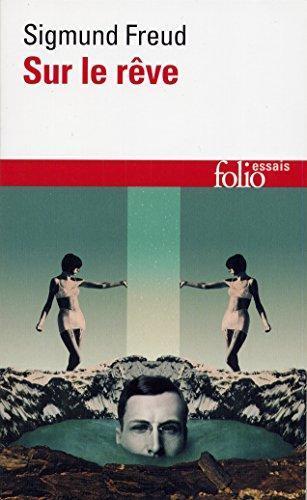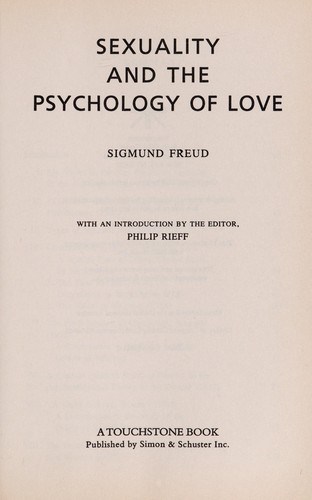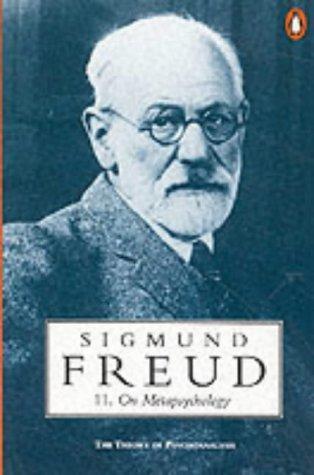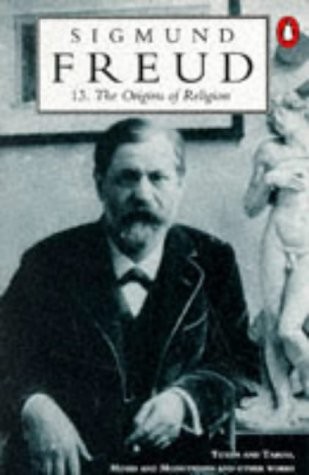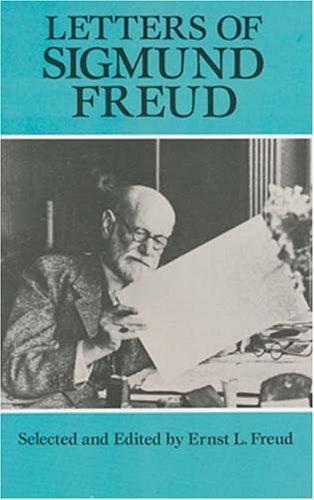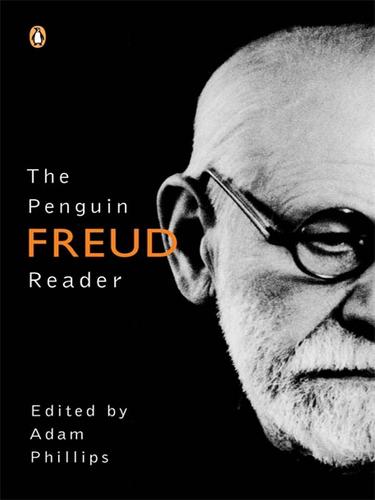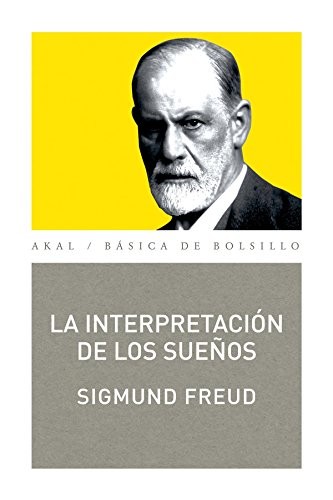Sigmund Freud ( FROYD; German: [ˈziːk.mʊnt ˈfʁɔʏt]; born Sigismund Schlomo Freud; 6 May 1856 – 23 September 1939) was an Austrian neurologist and the founder of psychoanalysis, a clinical method for treating psychopathology through dialogue between a patient and a psychoanalyst.Freud was born to Galician Jewish parents in the Moravian town of Freiberg, in the Austrian Empire. He qualified as a doctor of medicine in 1881 at the University of Vienna. Upon completing his habilitation in 1885, he was appointed a docent in neuropathology and became an affiliated professor in 1902. Freud lived and worked in Vienna, having set up his clinical practice there in 1886. In 1938, Freud left Austria to escape Nazi persecution. He died in exile in the United Kingdom in 1939. In founding psychoanalysis, Freud developed therapeutic techniques such as the use of free association and discovered transference, establishing its central role in the analytic process. Freud's redefinition of sexuality to include its infantile forms led him to formulate the Oedipus complex as the central tenet of psychoanalytical theory. His analysis of dreams as wish-fulfillments provided him with models for the clinical analysis of symptom formation and the underlying mechanisms of repression. On this basis, Freud …
Sigmund Freud
Author details
- Aliases:
-
ហ្រ្គេតស៊ីងមួន, සිග්මන්ඩ් ෆ්රොයිඩි, Zikmund Freud, and 143 others
Sīğmund Frūīd, S. Freund, Zigmund Freud, سيغموند فرويد،, সিগমুন্ড ফ্রয়েড, Σίγκμουντ Φρόυντ, ז פרויד, Sijmund Frūyd, Zīgmūnd Frūyd, Zėgmonds Froids, ジークムント フロイト, سيجموند فرويد, Fuluoyide, フロイト, Zigmund P'roidi, Zīgmūnd Fruyd Fruyd, Sigmund Freud, Siegmund Freud, Sīğmind Frūyd, Zigmundas Froidas, Зіґмунд Фройд, Zigmund Freĭd, זיגמונד פרױד, Ji geu mun teu Peu lo i teu, سېګمونډ فرايډ, S. Freud, .. Freud, ܙܝܓܡܘܢܕ ܦܪܘܝܕ, सिग्मण्ड् फ़्रुड्, Sigm Freud, ಸಿಗ್ಮಂಡ್ ಫ್ರಾಯ್ಡ್, Zīgmūnd Frūīd, Sigm Freund, Cikmant K̲aprāyat, സിഗ്മണ്ട് ഫ്രോയിഡ്, ジーグムント・フロイト, Sīğmūnd Frūjd, Sigismund Freud, Fu luo yi de, سيجموند فرويد،, Zigmunds Freids, Sigmund Frejd, سگمنڈ فرائیڈ, Prāyṭu, Зігмунд Фрэйд, З Фрейд, ジークムント・フロイト, Zîgmûnd Frôyd, زیگموند فروید, Zigmund Frejd, Zigmund Freïd, Pʼroidi, Sigmaṇd Phrōyḍ, सिग्मुंड फ़्रोइड, Jigeumunteu-Peuloiteu, Digismund Freud, Ziqmund Freyd, سيغموند فرويد, Sigmanḍ Faryūḍ, Fo-lo-i-te, سیگمۆند فرۆید, Freid Zigmund, Freud, Zigmund Froid, Zygmunt Freud, Fulouyide, Фрейд, Sīghmūnd Frūyd, .. Fuluoyide, ፍሮይድ, .. Furoito, Sigismundus Freud, Chigŭmunt'ŭ P'ŭroit'ŭ, Xigemengde-Fuluoyide, فرويد، زيگموند،, .. Furoido, 지그문트프로이트, सिग्मंड फ्रायड, zikmunt. freut, 弗洛伊德, Zigmund Froyd, Segismundo Freud, Jīkumunto Furoito, Z. Freud, Zygm Freud, Sigmund Froid, 西格蒙德·弗洛伊德, ဖရွိုက်၊ ဆစ်ဂမန်, Zygmund Frojd, Фройд, Cikmaṇṭ K̲aprāyṭ, S フロイト, Sigmund Freund, Sig Freud, Zigmund Frojd, Xigemengde Fuluoyide, فرويد، سيجمند،, S. P'ŭroit'ŭ, فرويد، سيغموند،, Sighmund Firūyid, Zigmond Froid, Зигмунд Фройд, Зыгмунд Фройд, Sigismund Schlomo Freud, Zigmunt Froid, فرويد، سيجموند, ジグムント フロイト, Зигмунд Фројд, フロイド, Sīǧmūnd Frūyd, Sigm. Freud, Z. Frejd, זיגמונד פרויד, فرويد، زيجموند, Sigmund Freid, Զիգմունդ Ֆրոյդ, Jīkumunto Furoido, 지그문트 프로이트, فرائڈ, Pirāyṭ, চিগ্মণ্ড ফ্ৰয়েড, ზიგმუნდ ფროიდი, S. Furoito, Sinkmunt Phro∞ynt, Xi ge meng de Fu luo yi de, Jigumundo Furoido, فرويد، سيغموند, ਸਿਗਮੰਡ ਫ਼ਰਾਇਡ, Зигмунд Фрейд, Sigmund Frojd, ジーグムント フロイト, 西格蒙德 弗洛伊德, Sigmunds Freuds, Frejd, Jigeumunteu Peuloiteu, Zigmund Freyd, ซิกมุนด์ ฟรอยด์, Să̤-gáh-mūng Hók-lèu-dáik, Сигмунд Фројд, Sinkmount Phroynt, சிக்மண்ட் பிராய்ட், ジグムンド フロイド, సిగ్మండ్ ఫ్రాయిడ్ - Born:
- May 6, 1856
- Died:
- Sept. 23, 1939
External links
Sigmund Freud ( FROYD; German: [ˈziːk.mʊnt ˈfʁɔʏt]; born Sigismund Schlomo Freud; 6 May 1856 – 23 September 1939) was an Austrian neurologist and the founder of psychoanalysis, a clinical method for treating psychopathology through dialogue between a patient and a psychoanalyst.Freud was born to Galician Jewish parents in the Moravian town of Freiberg, in the Austrian Empire. He qualified as a doctor of medicine in 1881 at the University of Vienna. Upon completing his habilitation in 1885, he was appointed a docent in neuropathology and became an affiliated professor in 1902. Freud lived and worked in Vienna, having set up his clinical practice there in 1886. In 1938, Freud left Austria to escape Nazi persecution. He died in exile in the United Kingdom in 1939. In founding psychoanalysis, Freud developed therapeutic techniques such as the use of free association and discovered transference, establishing its central role in the analytic process. Freud's redefinition of sexuality to include its infantile forms led him to formulate the Oedipus complex as the central tenet of psychoanalytical theory. His analysis of dreams as wish-fulfillments provided him with models for the clinical analysis of symptom formation and the underlying mechanisms of repression. On this basis, Freud elaborated his theory of the unconscious and went on to develop a model of psychic structure comprising id, ego and super-ego. Freud postulated the existence of libido, sexualised energy with which mental processes and structures are invested and which generates erotic attachments, and a death drive, the source of compulsive repetition, hate, aggression, and neurotic guilt. In his later works, Freud developed a wide-ranging interpretation and critique of religion and culture. Though in overall decline as a diagnostic and clinical practice, psychoanalysis remains influential within psychology, psychiatry, and psychotherapy, and across the humanities. It thus continues to generate extensive and highly contested debate concerning its therapeutic efficacy, its scientific status, and whether it advances or hinders the feminist cause. Nonetheless, Freud's work has suffused contemporary Western thought and popular culture. W. H. Auden's 1940 poetic tribute to Freud describes him as having created "a whole climate of opinion / under whom we conduct our different lives".
